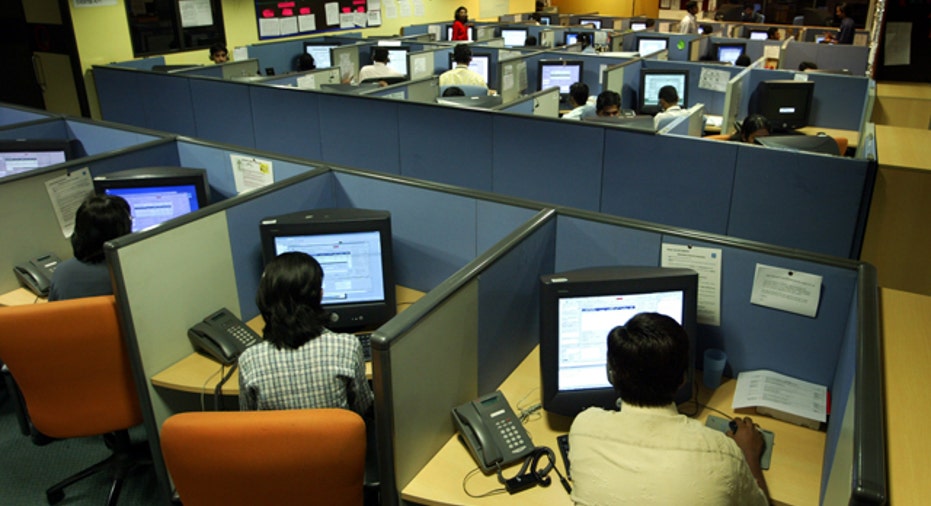Five Simple Tips to Make Co-Working Work for Your Business

It's the hottest thing since hanging out at Starbucks -- only quieter. Co-working spaces have been opening up across the country since the mid 2000s.
For solopreneurs or small businesses starting to add employees, these homes-away-from-home can offer some real advantages. They can also offer loads of distractions and add to your overhead.
Dave Lifson, the CEO of social-media management platform Postling, has his company set up at New York City coworking space General Assembly. Why does Lifson like co-working?
"Early stage startups are so fragile, where even the slightest misstep can lead to bankruptcy," Lifson says. "Surrounding yourself with others who are solving the same problems as you reduces risk because you can see what works and what doesn't before you stick your neck out and commit to a particular strategy or idea."
Is a coworking space right for your business? Here are some tips on how to make coworking work from Adam Neary, CEO of the six-person business-planning firm Profitably, which also runs his business out of General Assembly
1. Buy headphones. Letting your computer's email alert beeps and video playbacks disturb others isn't good co-working etiquette. Headphones also allow you to listen to music without bothering neighbors.
2. Use the private space. Most co-working spaces have conference rooms of various sizes. Sign up for one if you're planning a long call or virtual meeting. Neary recommends using the cellphone for serious or private calls, so you can walk outside if you need more privacy.
3. Keep it neat. Neary tries to keep the Profitably space tidy to be courteous. It's also a good idea because in a shared office, you never know when reporters or an influential bigwig might drop by to visit one of your neighbors and give you an opportunity to connect. 4. Don't be a blowhard. Don't think that carrying on top-volume conversations about your business's greatness is going to impress your roommates. "Don't force people to actively tune you out so they can get stuff done," he says. "It's called co-working, not co-lounging." 5. Network after hours. In a big company, popping into a co-worker's cubicle to chat is OK. But it doesn't fly when the people around you working for different businesses. Remember, you don't know your suitemates' deadlines. Instead of impromptu chats, set a coffee or lunch date to get acquainted, and take advantage of networking events at the co-working space.
More From Entrepreneur.com:
Seven Tips for Marketing a Business with Video



















